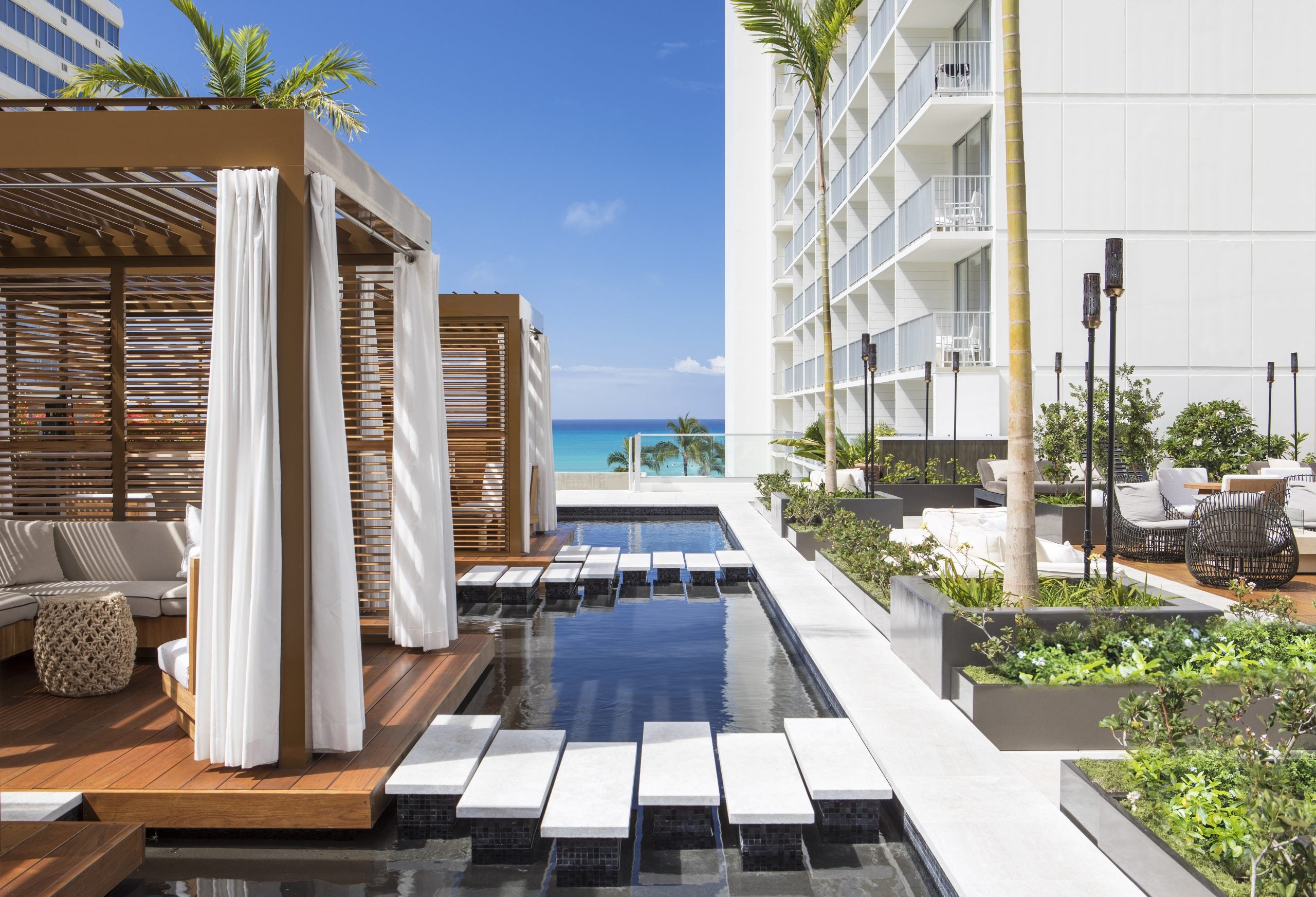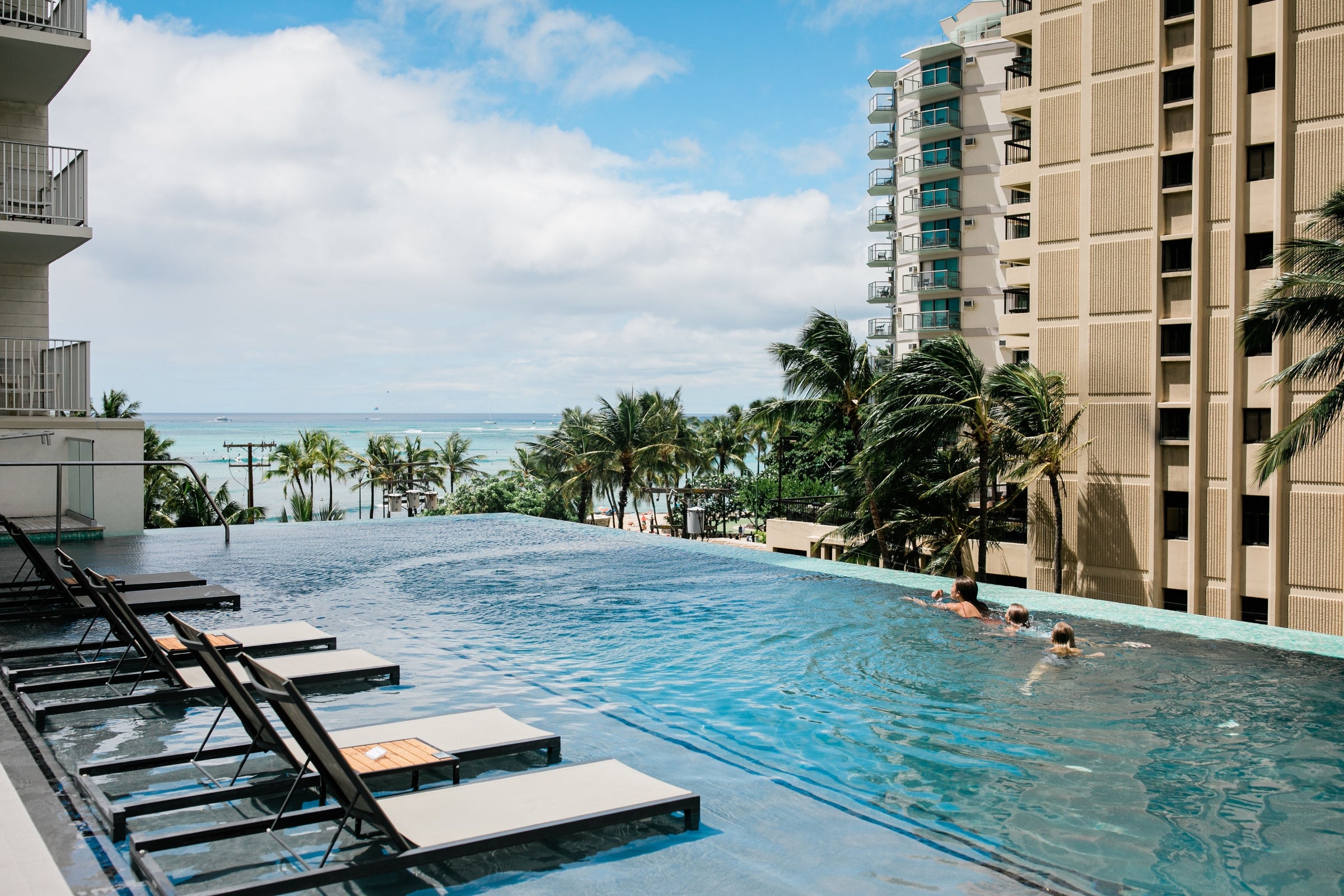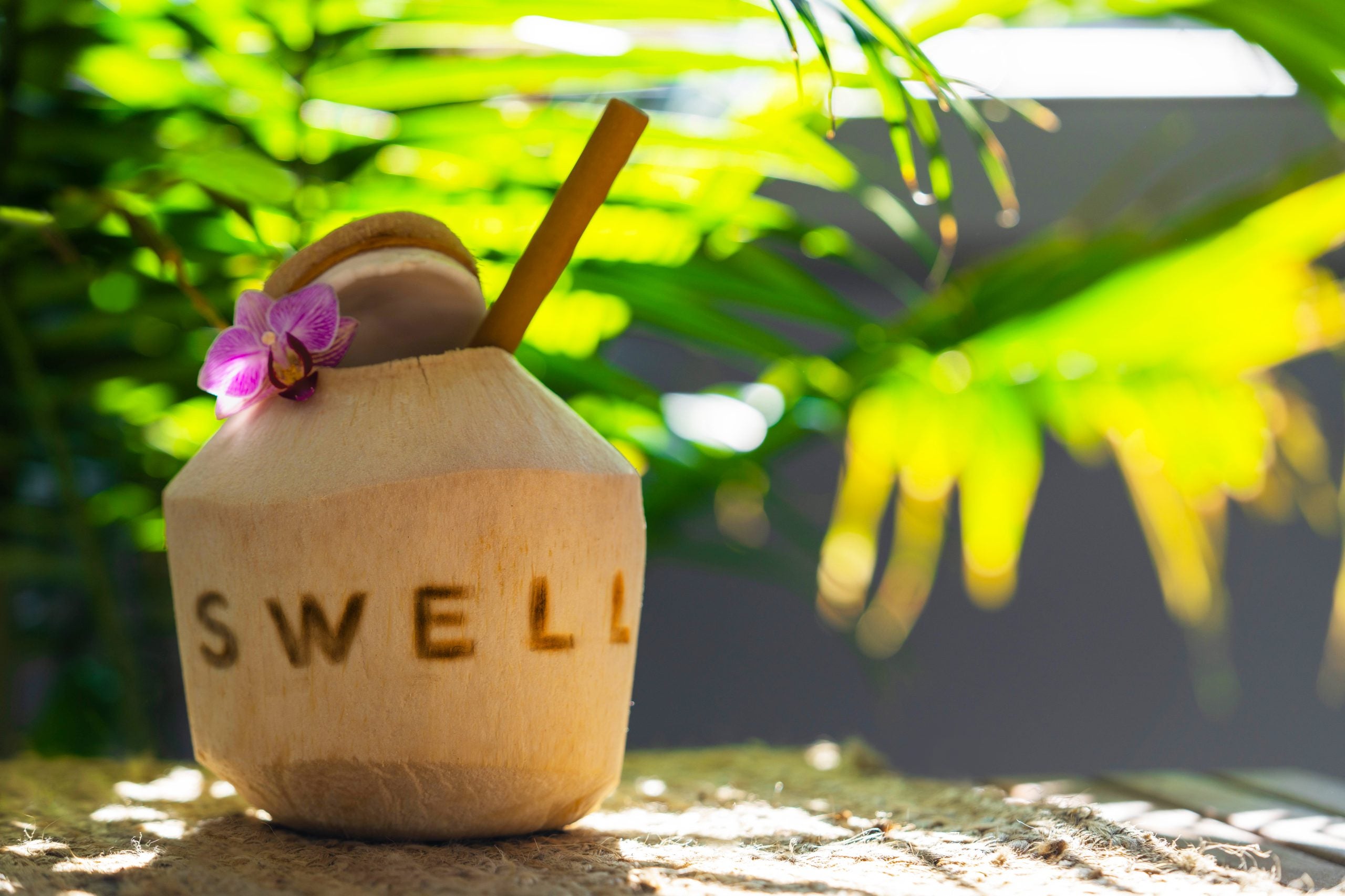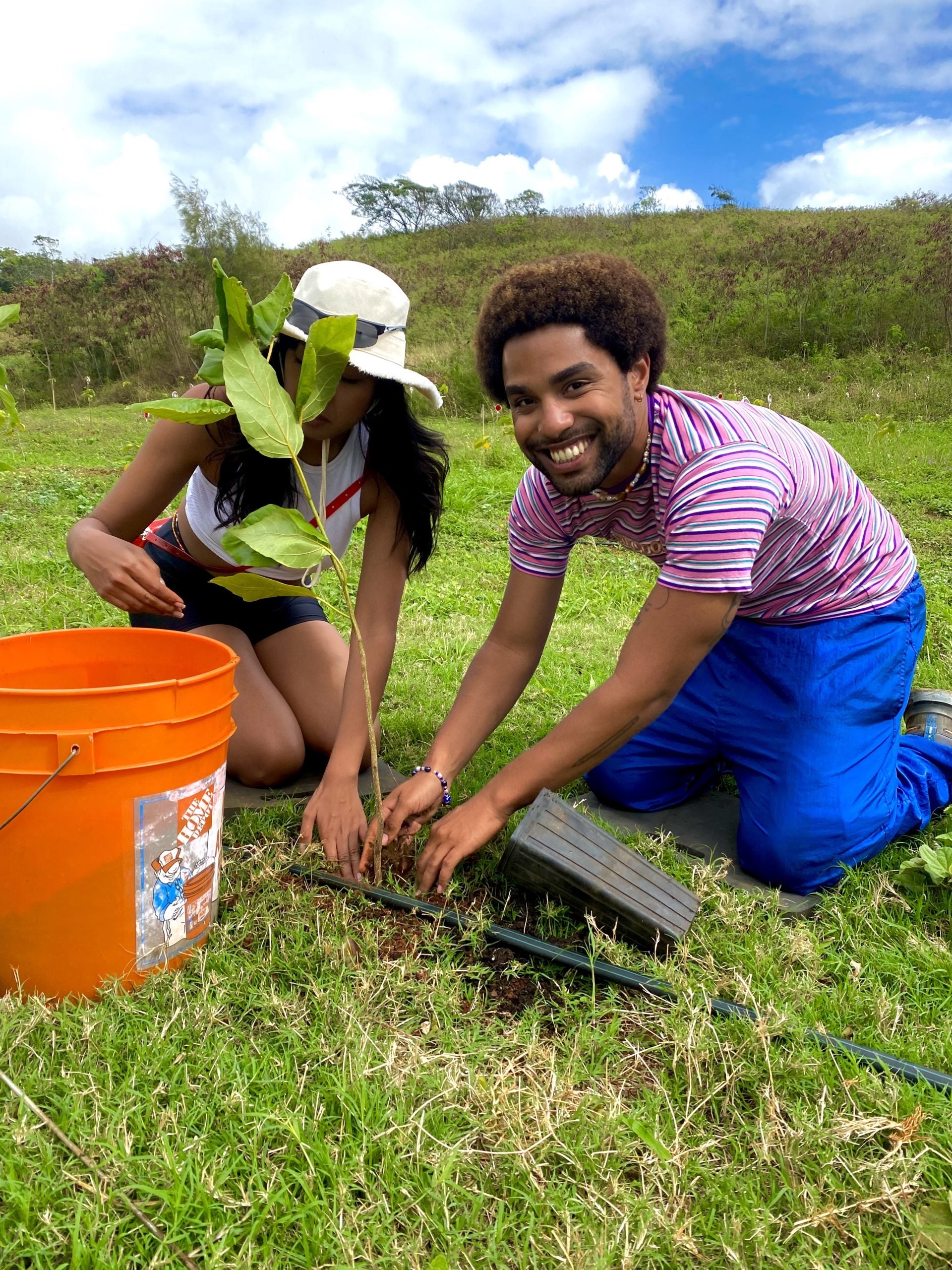
While many traveling to Hawai’i seek to go there to take advantage of the picturesque beaches and endless opportunities for adventure created for tourists, making it there and existing as a tourist consciously was always my travel philosophy. The islands of Hawai’i share a cumbersome history with the United States, making it necessary for incoming visitors to be much more ethically aware of how they treat the community and consume its beloved culture.
The islands of Hawai’i can welcome more than 10,000,000 travelers every year (such was the case pre-pandemic) while the local population sits just above 1,000,000. Sustaining the island’s natural resources is an arduous task for residents because their economy is bolstered by the tide of tourists who visit year-round. The impact of foreigners who come to Hawai’i has sent rent prices skyrocketing. Even French fashion house Jacquemus recently hosted their Spring 2022 collection on O’ahu’s beaches, outlining how desirable Hawai’i is becoming for brands to present showcases, in turn, provoking a wider flock of interested vacationers.
With this incessant cycle of people arriving in Hawai’i, there are certain eco-friendly measures you can take to leave the island better, or at least less depleted. When I came to O’ahu the week of Earth Day on April 20, I knew I wanted to give back in some way.

I stayed at ‘Alohilani Resort in the heart of Waikīkī Beach where tourists tend to stop when they visit O’ahu. The carbon-neutral resort itself is quite the display, with dramatic amenities that give the vacation spot an immersive quality where you feel isolated away from the active streets of Waikīkī Beach’s shoreline. With localized woodwork built into the resort’s pillars, snowy coral art and structures spanning the walls in the lobby and a 280,000 gallon oceanarium full of multiple species of sea life, the ‘Alohilani resort integrates the natural markers of Hawai’i with a grand hospitable atmosphere. In addition, Japanese Iron Chef Morimoto is the culinary wiz behind the Ramen eatery Momosan and Morimoto Asia connected to the ground floors of the resort. Both establishments are hotspots for people looking to indulge in authentic Asian cuisine.
There’s also plenty of history. The land the resort sits on is where a former summer cottage of the last sovereign monarch of Hawai’i, Queen Lili’uokalani, was found in the late 1800s. The resort’s name honors her legacy of being the only Queen of Hawai’i with “’Alohilani” translating to “heavenly light” in English from the indigenous Hawaiian language. It’s in reference to the beams of light that ricochet off of the hovering clouds and surface of the Pacific ocean. “’Alohilani” is the word the Queen of monarch would recite every morning,” Matthew Grauso, general manager of the ‘Alohilani Resort, tells ESSENCE.

I spoke with Grauso while sharing a cocktail at the on-site Swell Restaurant & Pool Bar and trying the culinary selections from their “Earth to Cup” menu. The curated carte is filled with Hors d’oeuvre and cocktails that are crafted and sourced from ingredients on the island. Next to the bar tables and cushioned seats is a flowing infinity pool that overlooks Waikīkī Beach and offers an edenic view of warm sunsets. The hued papaya mustard Kaua’i shrimp dish and coconut water “Coco Loco” alcoholic beverage was a synergistic combination that energized me for a full day of hiking in the Ko’olau mountain range.
After soaking in the wonder of Hawai’i’s rainforests in the early morning, ‘Alohilani Resort scheduled an off-road planting experience at Gunstock Ranch on the North Shore of O’ahu. We drove on the scenic Highway 83 that runs through Kahalu’u and stopped between beachside cities Kahuku and Lā’ie. Arriving on the lot of 900 acres, there are courses of sprouting evergreens and vegetation in line to reforrest thousands of native trees of Hawai’i. Our guide, Avery, had us enter preliminary information to keep track of the progress of our growing native tree after we plant a sapling into the ground. Then, she whisked us off on an ATV through the ranch’s acreage along dirt trails that intersect through the complex watering systems and budding trees on Gunstock Ranch.

Over 95 percent of Hawai’i’s trees are invasive to the island and are impeding on the growth of native botany that would otherwise thrive on the island. Known for their valuable wood, the Milo and Koa tree species especially are native to Hawai’i and can be found on almost all of the islands. With Gunstock Ranch and ‘Alohilani’s intervention, there is a small fee guests pay automatically when they book a stay at the resort to support those species. Because of such efforts, the Ranch has seen the return of native owls and birds that were otherwise eradicated from the islands due to a loss of forest.
We took an hour-long expedition to plant our tree in the rich soil of the acreage tended to by the staff. Dedicating a Hawaiian sense of ikaika to the tree, which translates to “strength” in English, we wished the tree viability in its life as it is capable of growing 10feet tall and will support the local ecosystem.
There is empowerment in traveling with intention, as ‘Alohilani Resort partners with the nonprofit organization Hawaiian Legacy Reforestation Initiative to help restore the ineffable scenery of Hawai’i’s land and wildlife. As these practices show, and their results, sustainability is actionable and can become a lifestyle that widens your perspective on global travel.